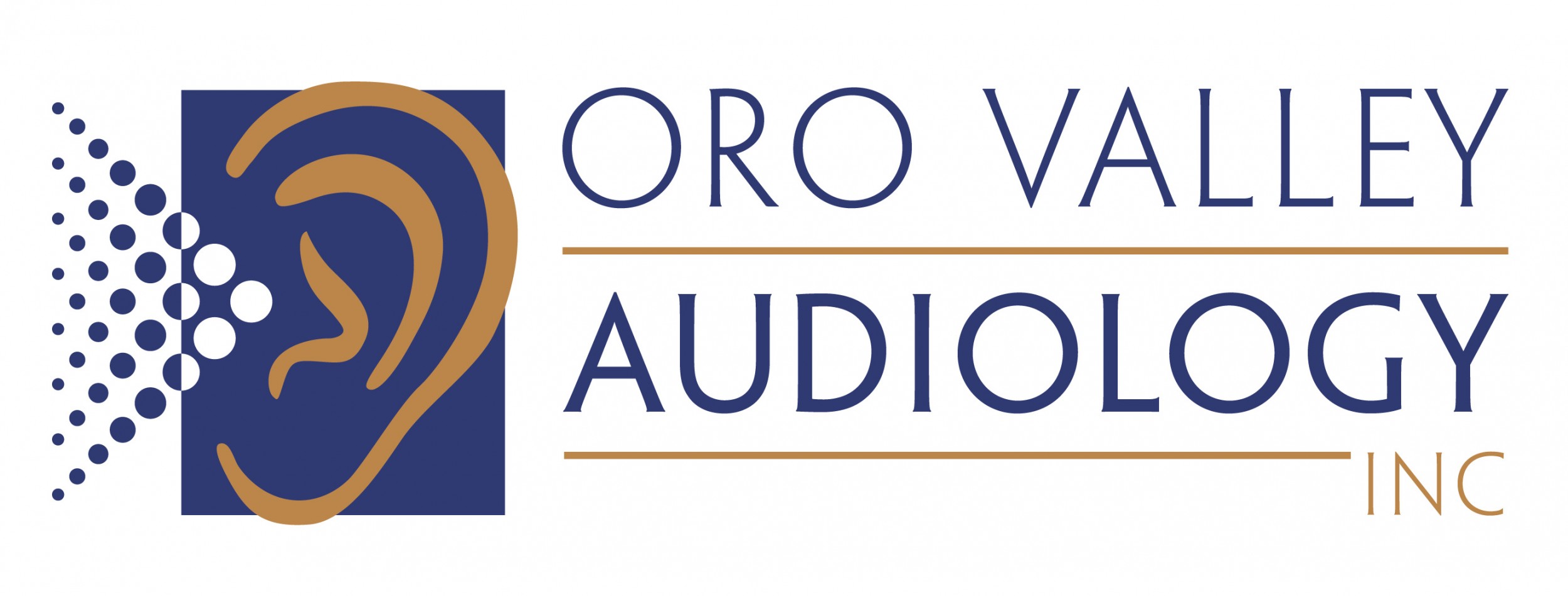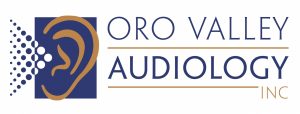There are many towns, cities, and states that have passed cell phone hands-free laws and many more that will be in the near future. No state bans cell phone use but drivers are required in many places to use hands-free devices and voice-to-text. There is an exception in 38 states and DC for novice or teen drivers and school bus drivers. Mounted GPS and emergency calls are allowed but safety should always be a concern, know general directions if possible, and pull over as soon as you can for emergency calls. At the time of writing this, 20 states including DC, Puerto Rico, Guam, and the US Virgin Islands prohibit all drivers from using hand-held cell phones while driving.
Cell phone use is connected to distracted driving; in 2017 alone 3,166 lives were lost due to distracted driving in the US. Although distracted driving includes talking, eating, drinking, manipulating entertainment or navigation, or anything that takes your attention away, texting is one of the most deadly. An individual cannot drive safely unless full attention is given on that task; any non-driving activity is a potential distraction and can increase the risk of an accident.
How Can Audiologists Help?
‘What does this have to do with audiology?’ you may ask. As an audiologist, we solve problems not only ear-related but also brain-related.
1. Helping with Hearing overload:
When someone has a hearing loss, especially if they are not fit with appropriate hearing devices, they experience cognitive overload much quicker than someone without a hearing loss. Everyone experiences cognitive overload – just think when you are driving and are lost, you turn down the radio so you can concentrate more on where you need to be. I tell my patients we don’t really multitask well, we are just doing more things badly.
2. Direct Hearing helps with streaming pieces
But using the cell phone is not what will get us into trouble with the law, it is using our hands and taking our eyes away from the road that most likely will. Most hearing devices on the market are now capable of connecting with cellphones wirelessly. When hearing devices are appropriately fit to the patient’s hearing challenges, the information coming through is much clearer and better understood by the individual
3. Direct Hearing helps even those people with normal or mild hearing loss
What is available if you don’t have hearing aids or a Bluetooth connection in your car? We talk about Wearables or Hearables for these individuals. They can be custom-fit by our Audiology offices with impressions of your ears. The term hearable refers to a hybrid technology, which combines hearable technology with the form factor and function of a headphone with added features. Some of the added features can include built-in optical sensors that can measure heart rate, activity, and falls.
4. What the professional recommends
As adults, not many of us have a full audiological diagnostic baseline, and some physicians may just ask how their patient’s hearing is while other physicians do not include that in their wellness exam. Many people do not start commenting to their physicians (or family members) about their hearing until it is fairly advanced. Get your hearing checked and monitor it! While you are in, talk to your Audiologist about what hearable or hearing device is appropriate for you right now.
5. Protect your hearing. It matters!
Keep your hearing healthy by not turning up the volume too much on your hearable and cause noise-induced hearing loss. Your Audiologist can go over all of these important points and more when you have your hearing checked. At a minimum, if you do not have a medical or health condition that would affect your hearing, see your Audiologist every 3 years. If you do have a health condition such as diabetes, cardiovascular disease, kidney disease, cancer treated with radiation therapy, or are on medications that affect your hearing, see your Audiologist every year!
Here are a list of devices that work hands free with command voice so you do not have to touch your phone, hence hands free. Go to your audiologist for a demo. Be SAFE! Peace!
Hearables: For People With Normal or Mild Hearing Loss
- The IQ buds boost
- The Jabra
What You Need to go Hands-free if You Have the Following Hearing Aids:
- Unitron needs a middle device called the “U-direct”
- Oticon Device and the “connect clip”,
- Widex brand needs the “Uni-dex”
- Signia needs the new model is the “Streamline mic” older is the “EasyTek”
- Rexton uses the “smart connect” and or the “SmartTek” for older devices
- ReSound and their “Phone clip”
- Starkey and their “surf link mobile 2”

